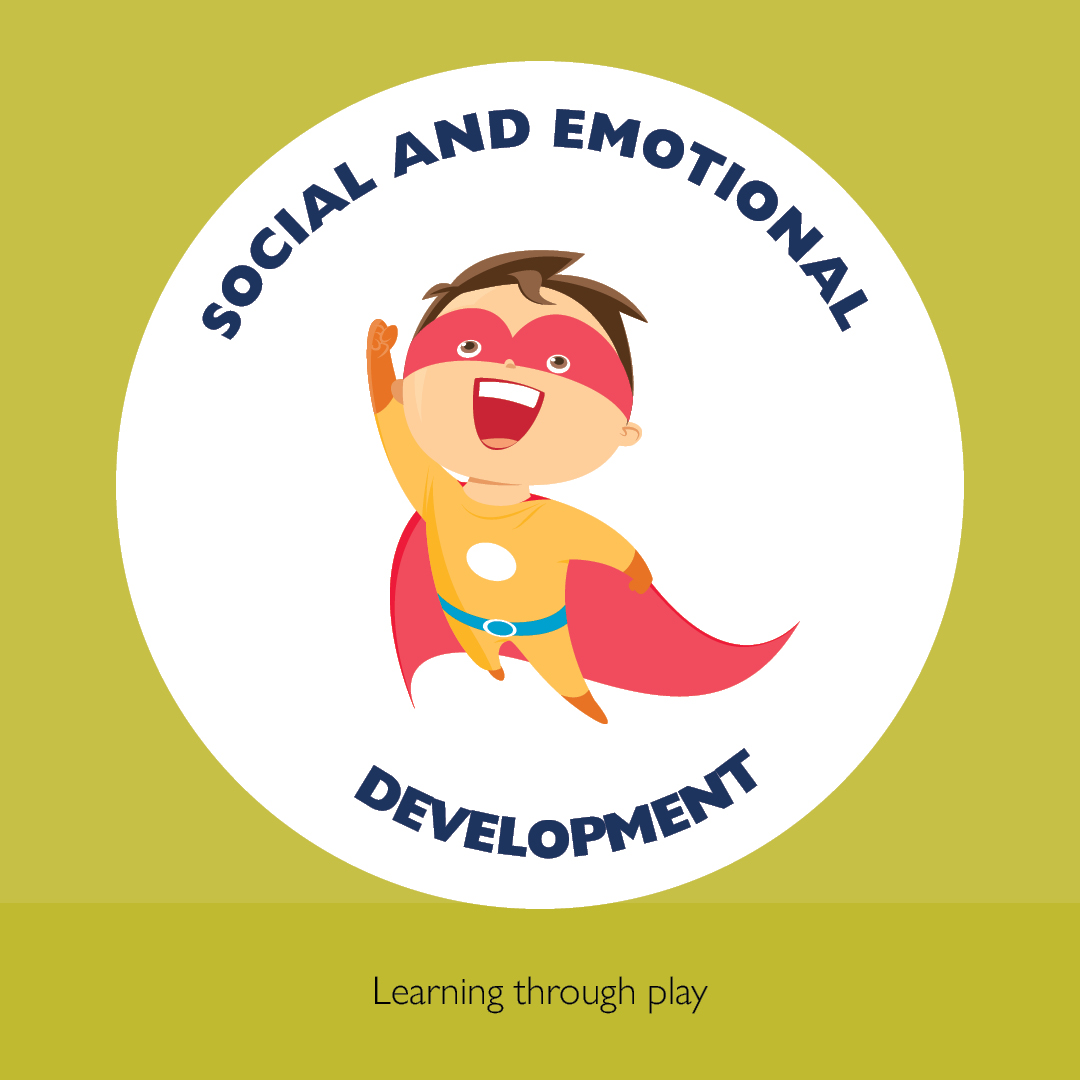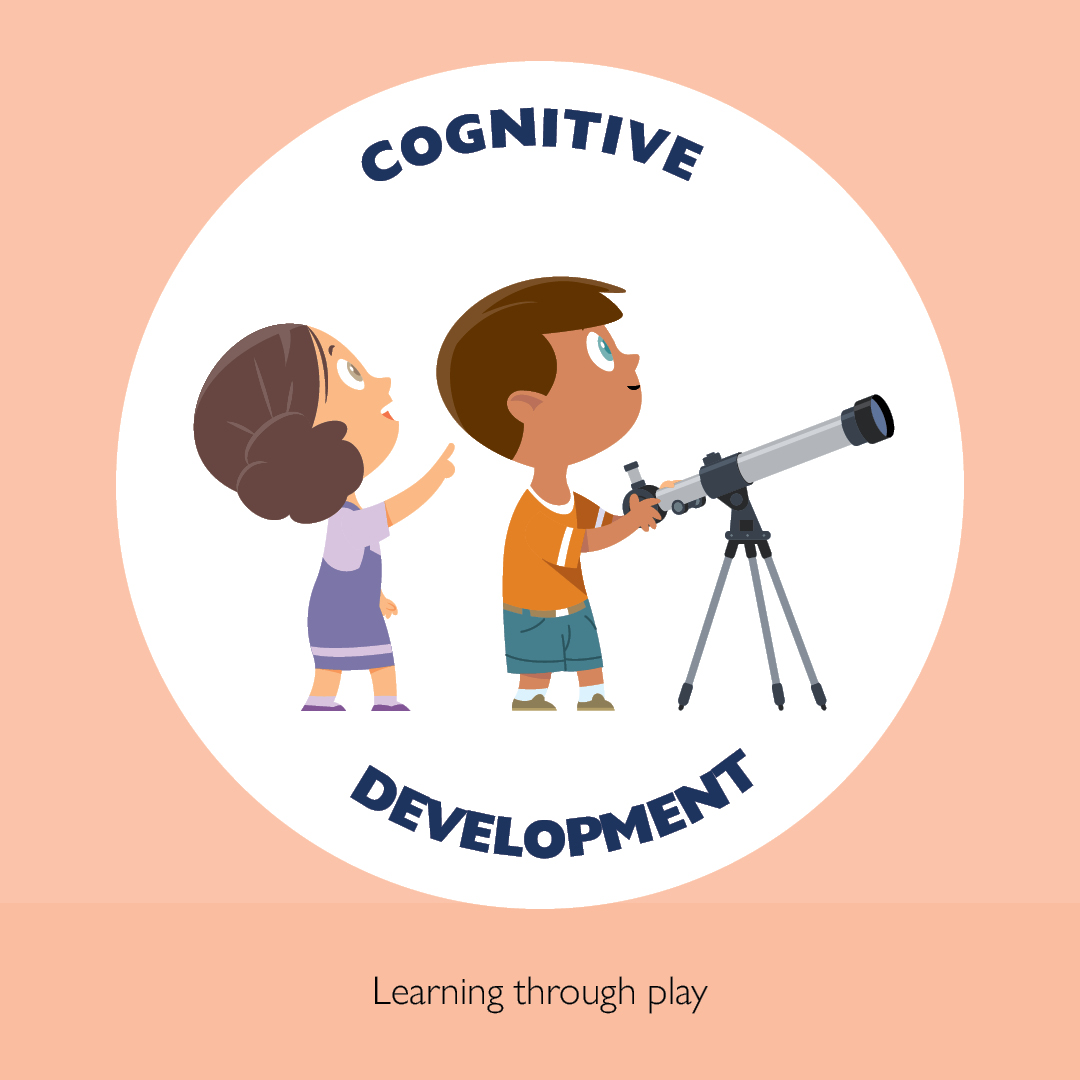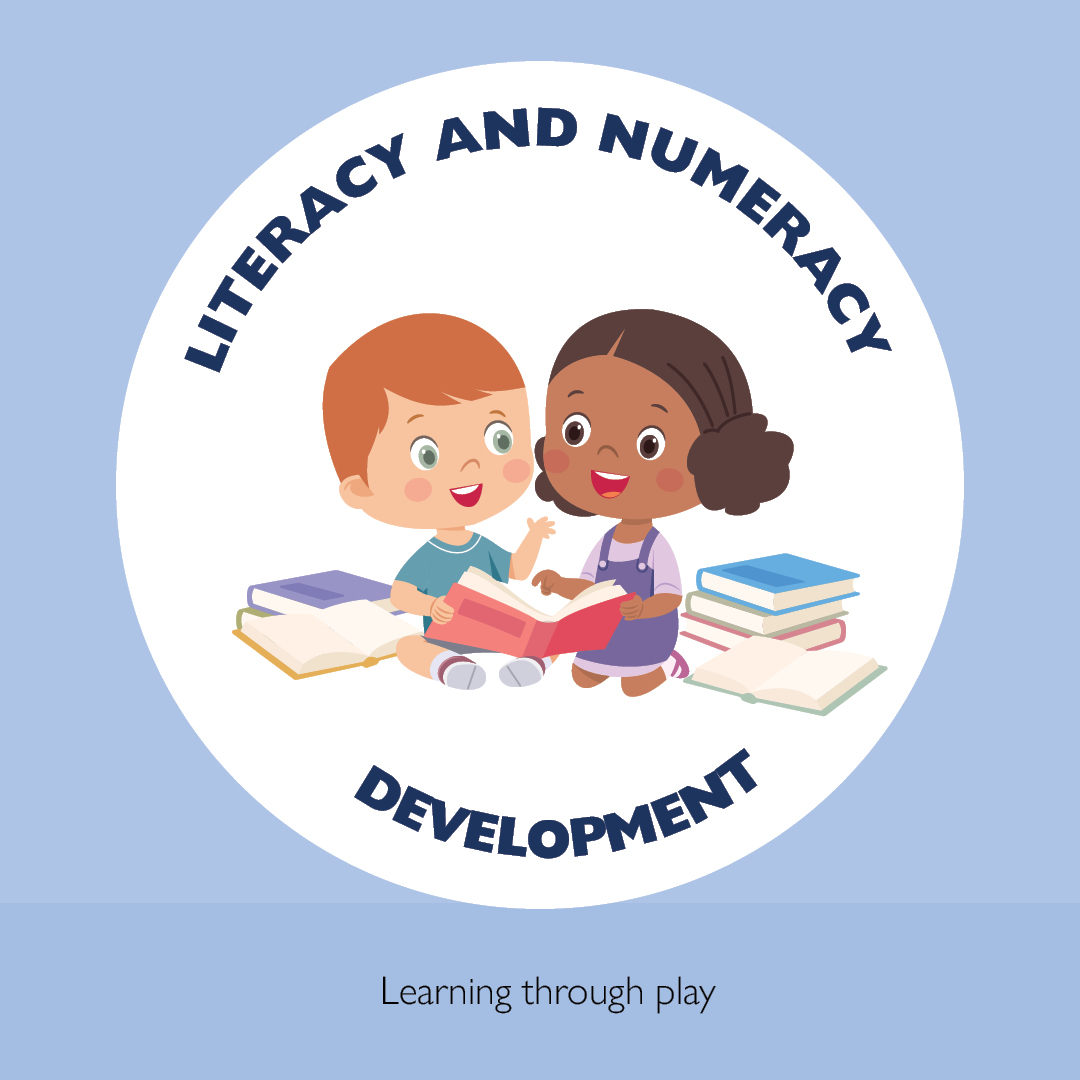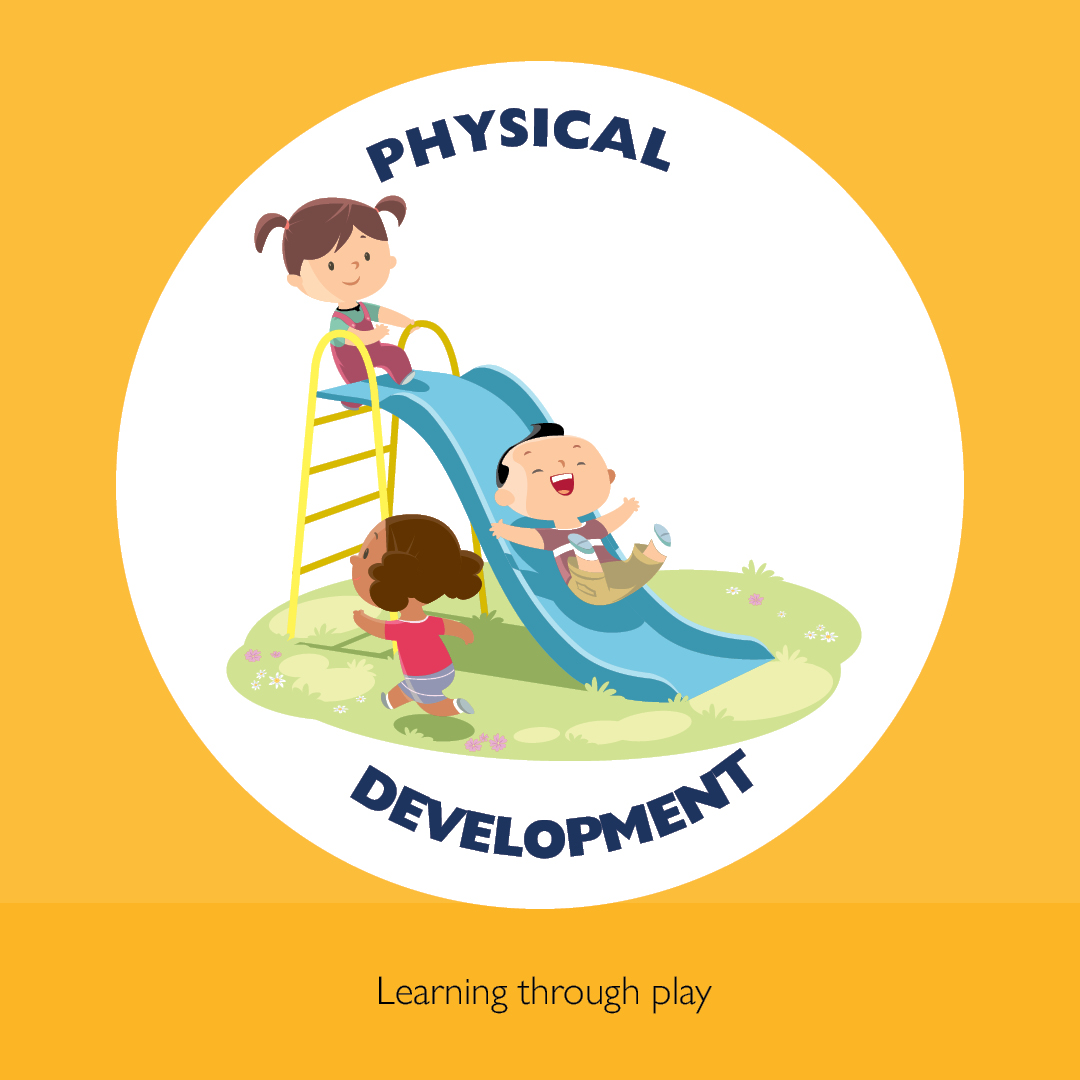As a part of Early Learning Matters Week 2022 we are focussing on learning through play.
Play is how children learn and develop, through exploration, imagination and problem solving, and brings pleasure and interest.
High-quality, play-based education and care supports young children to learn and thrive.




